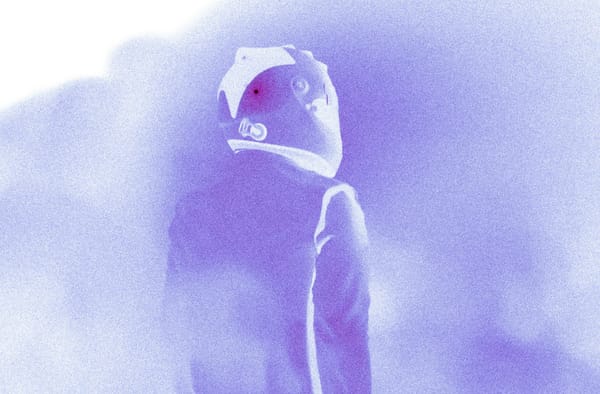Cause and Effect: Breaking the pattern

Imagine I am feeling cold and my throat is feeling irritated at the same time.
“I am about to catch a cold.”
Wouldn’t your mind jump to the same conclusion? Which brings us to a very interesting dilemma in life and, in this case, medical science.
Cause and effect.
Our brain is a pattern recognition machine. To recognise patterns, we continuously train on “prior art.” Prior art, in this case, being all previous experience of “what was.”
So each time we have an experience, we relate it to our past and form an opinion.
Quickly.
Speed is valuable simply because the sooner we can recognise what it is, the sooner we can act.
But pattern recognition is at best a guess. A crude one. One that errs on the side of caution, even at the risk of being wrong.
We see it every day when we deal with people.
They form opinions about their condition based on what they have been told, things they have read, or perhaps experienced.
So if my throat is irritated, and I feel cold, it is a cold.
But there could be many probable causes.
It is this ability to discern beyond what seems obvious that seperates a good analysis from a poor one.
So how can you cultivate this habit?
As the maxim goes, don't jump to conclusions. Jumping in this case implying being in a hurry. When it comes to decision making, the brain prides speed.
If a bullet was making its way toward you, speed, on the whole, would be invaluable.
But bullets, thankfully, do not fancy you on an everyday basis.
Stop, slow down. Ask yourself what assumptions are behind your thesis that you have a cold.
Do the assumptions still stack up when you allow sunlight to shine on them, metaphorically speaking.
I obviously use a cold as an analogy. But don't we do to life, what we do to our opinion that we have a cold?
Reach out to me on twitter @rbawri Instagram @riteshbawriofficial and YouTube at www.youtube.com/breatheagain






